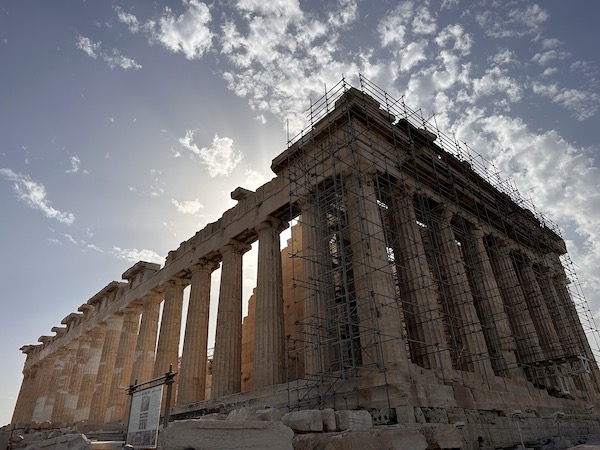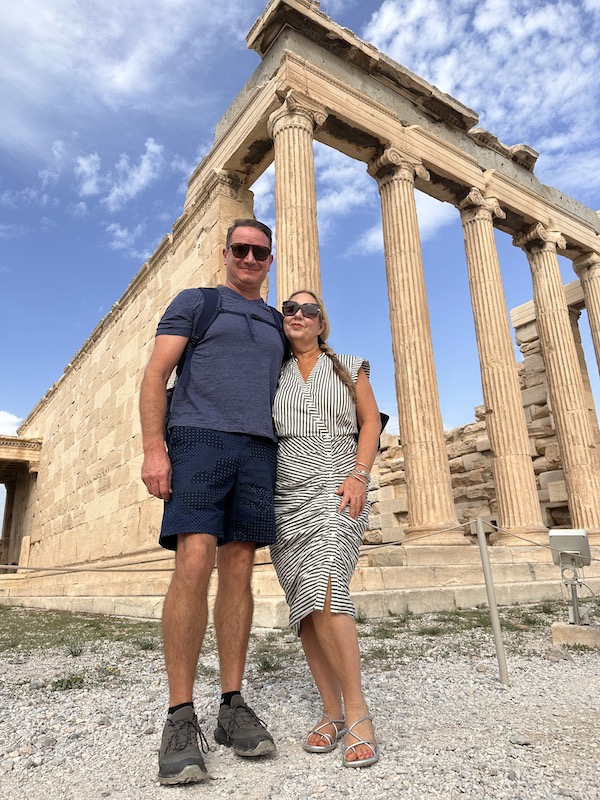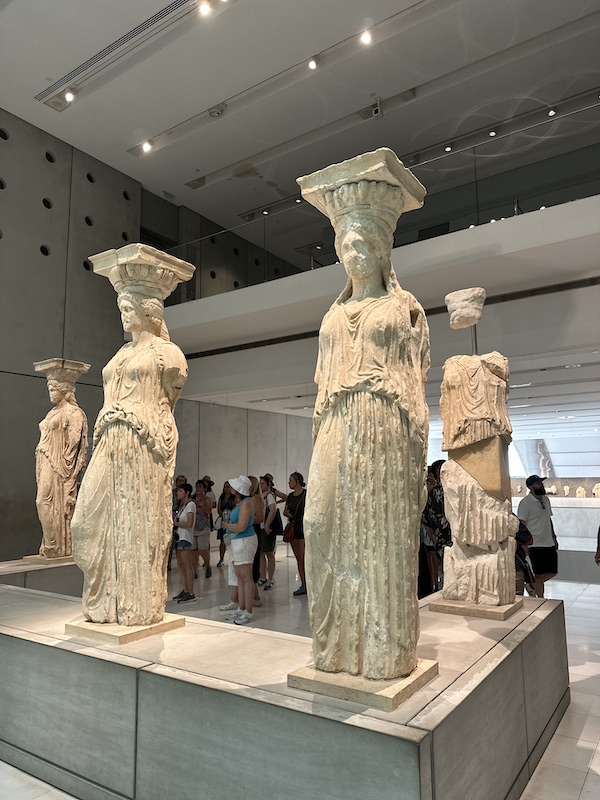Introduction: Unveiling the Splendor of the Acropolis
The Acropolis of Athens, a beacon of ancient Greek heritage, towers over the modern city as a symbol of philosophical and architectural brilliance. This UNESCO World Heritage Site, rooted in the 5th century BC, not only represents the physical height of Athenian power but also embodies the zenith of artistic and cultural development. Exploring the Acropolis and its state-of-the-art museum is akin to traveling back in time, offering a unique perspective on ancient Greek civilization, where myth and history merge to narrate a story of human achievement.
The Acropolis: A Testament to Greek Ingenuity
The Acropolis, an ancient citadel, comprises several buildings of great architectural and historical significance, the most renowned being the Parthenon. It served as the focal point of Athenian power, a religious center, and a symbol of the city’s wealth and culture. This elevated plateau, visible from almost every part of Athens, offers panoramic views of the city, connecting the past with the present.
The Parthenon: An Icon of Doric Architecture
The Parthenon, the centerpiece of the Acropolis, stands as a masterpiece of Greek architecture. Constructed between 447 and 432 BC, it was dedicated to Athena Parthenos, the city’s patron goddess. Its harmonious proportions, intricate sculptures, and innovative construction techniques reflect the Athenians’ architectural sophistication. The Parthenon’s enduring beauty lies in its detailed sculptural decorations, including the famous Parthenon Marbles, which depict various mythological scenes.

The Erechtheion: A Shrine of Ancient Myths
The Erechtheion, another architectural marvel on the Acropolis, is distinguished by its unique structure and religious significance. Built on the most sacred part of the Acropolis, where Poseidon and Athena contested for the city’s patronage, the Erechtheion housed sacred relics and offered worship to multiple gods and heroes. Its most striking feature, the Porch of the Caryatids, showcases six elegantly carved female figures serving as columns, a testament to the creative genius of ancient Athenian sculptors.

The Temple of Athena Nike: A Monument to Victory
The Temple of Athena Nike, small yet significant, commemorates the Greek victory over the Persians. This Ionic temple, adorned with a frieze depicting battle scenes, symbolizes the triumph of Greek civilization over its adversaries. The temple’s compact size and elegant proportions exemplify the Ionic order’s grace and complexity, contrasting with the Doric grandeur of the Parthenon.
The Acropolis Museum: A Modern Haven for Ancient Artifacts
The Acropolis Museum, a marvel of contemporary architecture, harmoniously blends ancient art with modern design. Its glass and steel structure, offering stunning views of the Acropolis, houses over 4,000 objects excavated from the site. The museum’s design allows natural light to illuminate the ancient sculptures, providing an immersive experience that brings these artifacts to life.

Exploring the Museum’s Treasures
The museum’s extensive collection spans from the Greek Bronze Age to Roman and Byzantine Greece. Its highlights include the Moschophoros (Calf-Bearer), the Kritios Boy, and an extensive collection of Archaic statues. The museum also features an array of everyday items, such as pottery and tools, offering a glimpse into the daily life of ancient Athenians.
Navigating the Acropolis: A Practical Guide
Touring the Acropolis requires planning. The site’s uneven terrain and marble surfaces can be slippery, making comfortable footwear essential. Visitors should also consider the Mediterranean climate, bringing water and sun protection, especially during the summer months. The Acropolis is accessible via the Acropolis metro station, and tickets can be purchased online or at the site.
The Impact of the Acropolis on Modern Culture
The Acropolis and its museum do not merely serve as tourist destinations; they are vital educational resources and cultural beacons. They inspire contemporary art, architecture, and philosophy, reminding us of the profound influence of ancient Greece on modern civilization. The site’s preservation and exhibition of ancient artifacts offer invaluable lessons in history, art, and human achievement.
Conclusion: A Timeless Odyssey
A visit to the Acropolis and its museum transcends a mere historical tour; it is an odyssey into the heart of Western civilization. As visitors traverse the ancient paths and marvel at the artistic wonders, they connect with a bygone era that continues to resonate in our modern world. The experience is not only an educational journey but a profound exploration of human creativity and endurance.
Further Resources and Information
For more information on the Acropolis and its museum, visitors can consult a variety of resources. The official website of the Acropolis Museum provides detailed information on exhibits, events, and visiting hours. Books like “The Acropolis: Through its Museum” by Panos Valavanis and “The Acropolis: The New Acropolis Museum” by Bernard Tschumi offer in-depth insights into the site’s history and significance. Check our our article review of an Affordable Michelin-rated Restaurant in Athens Greece – Cerdo Negro 1985.










